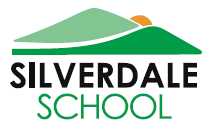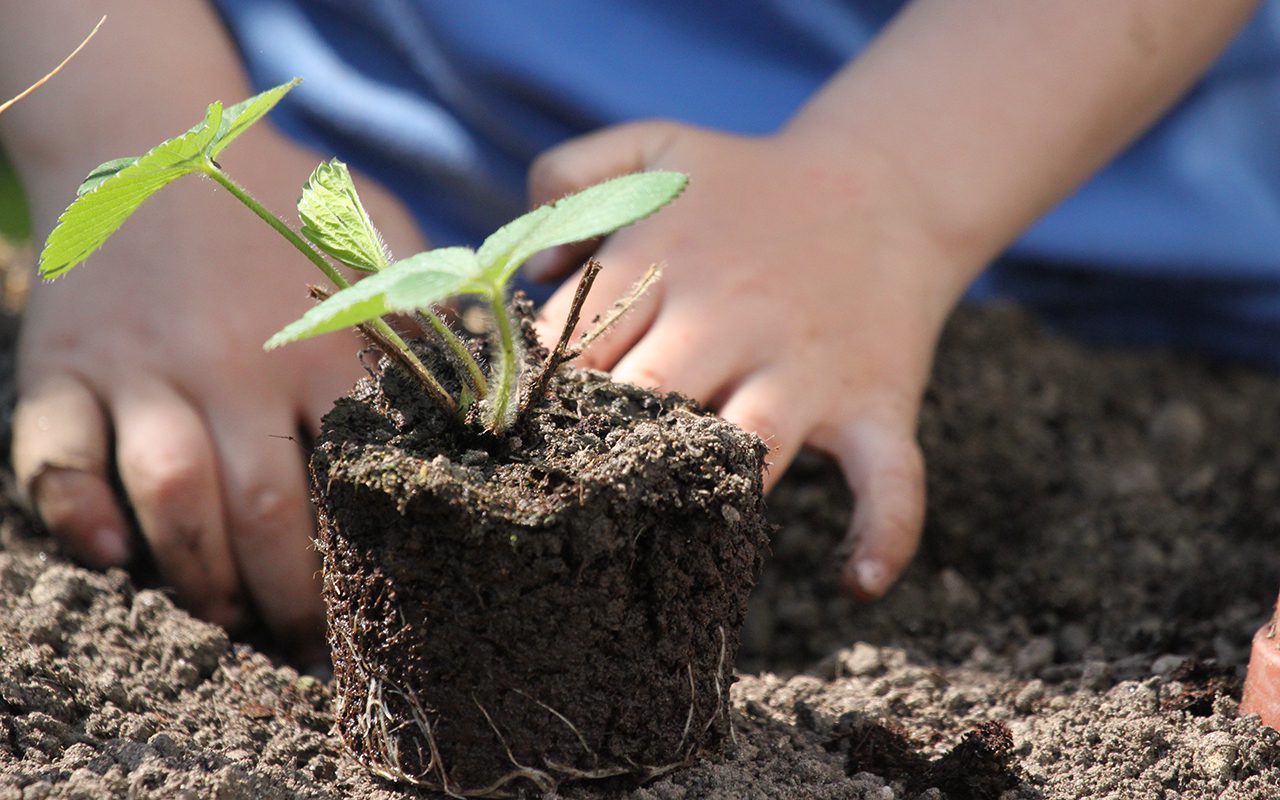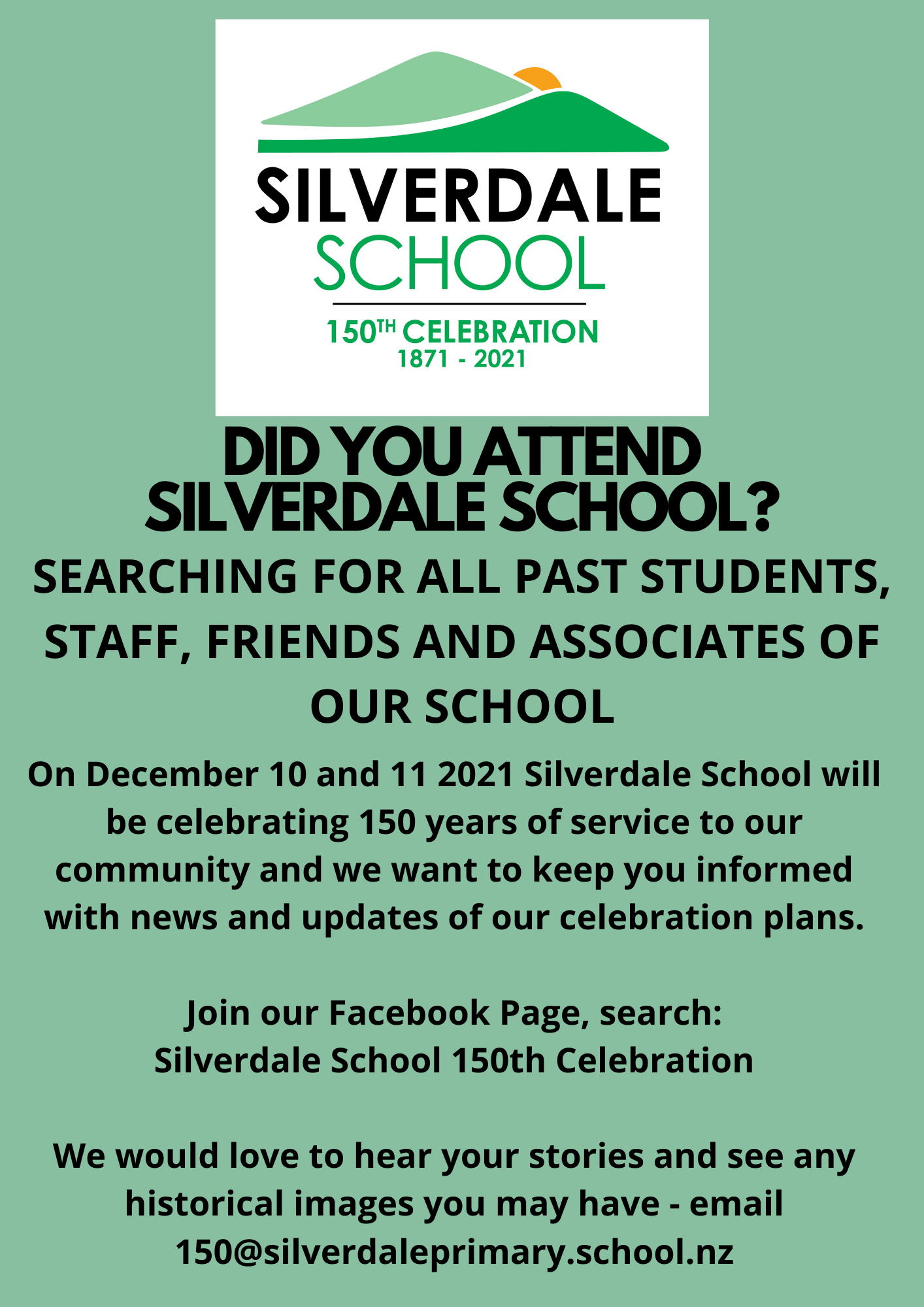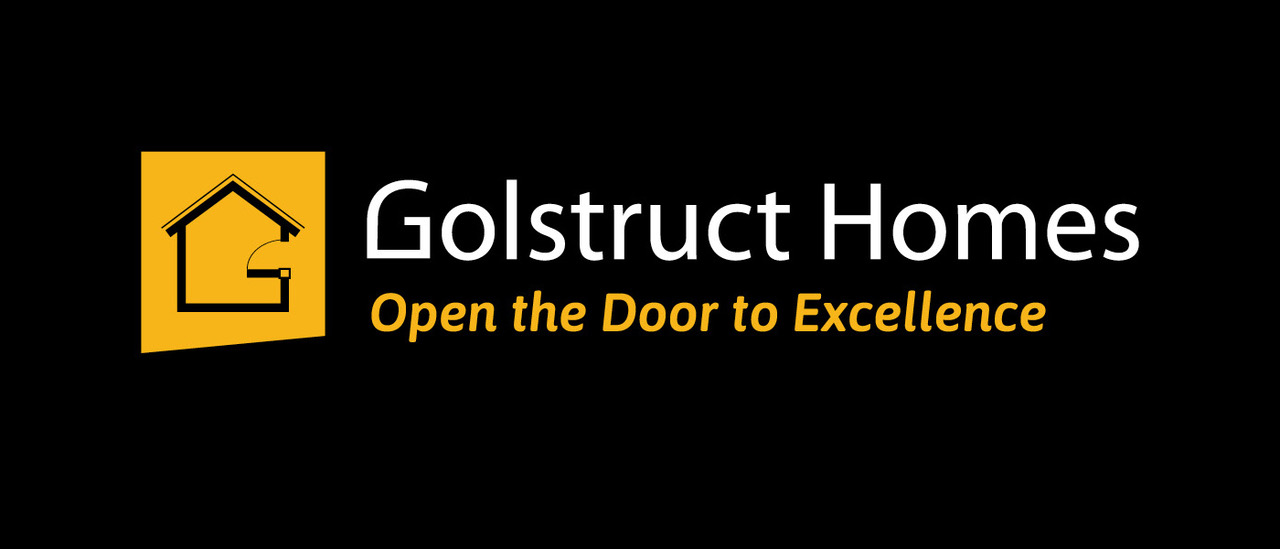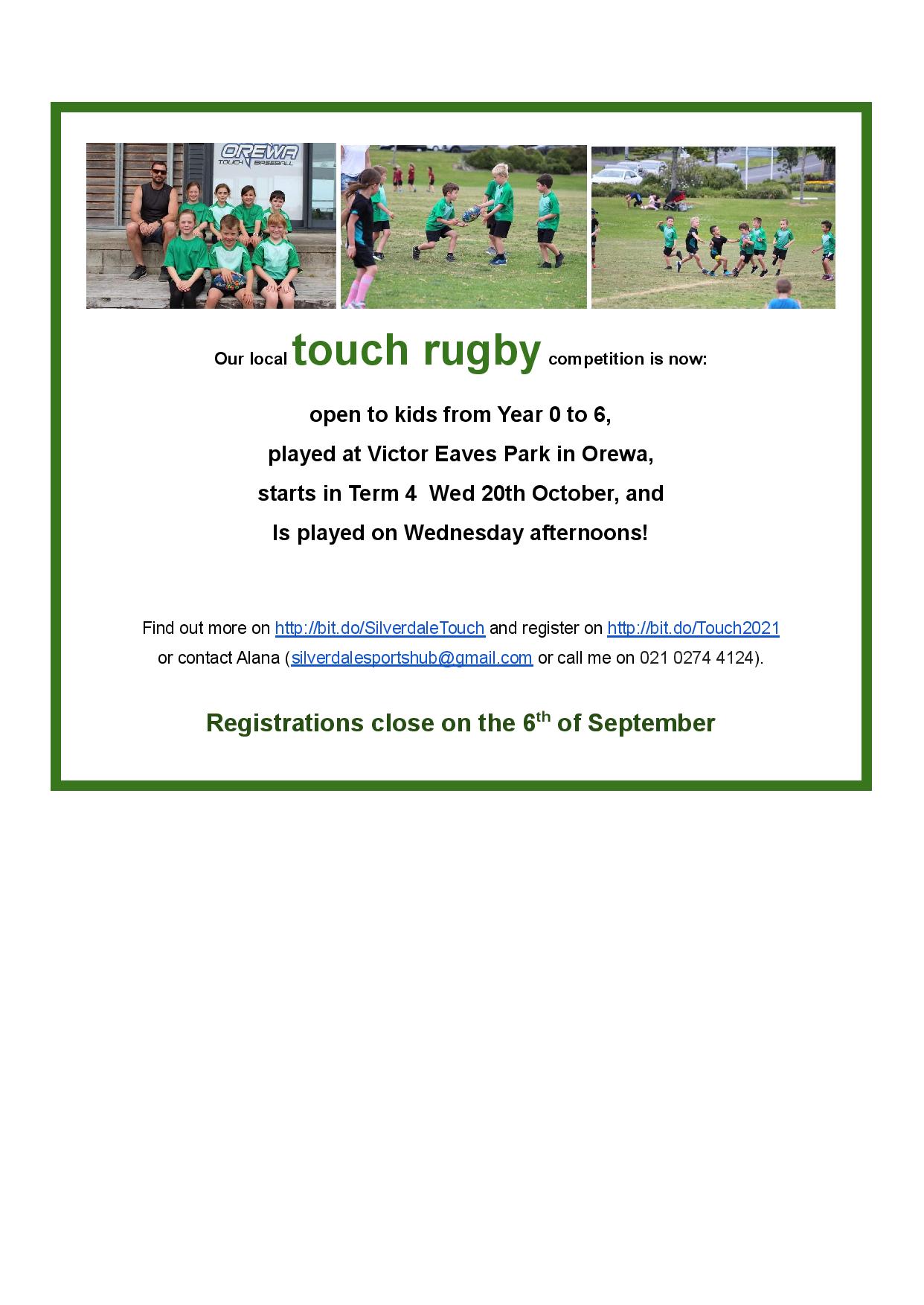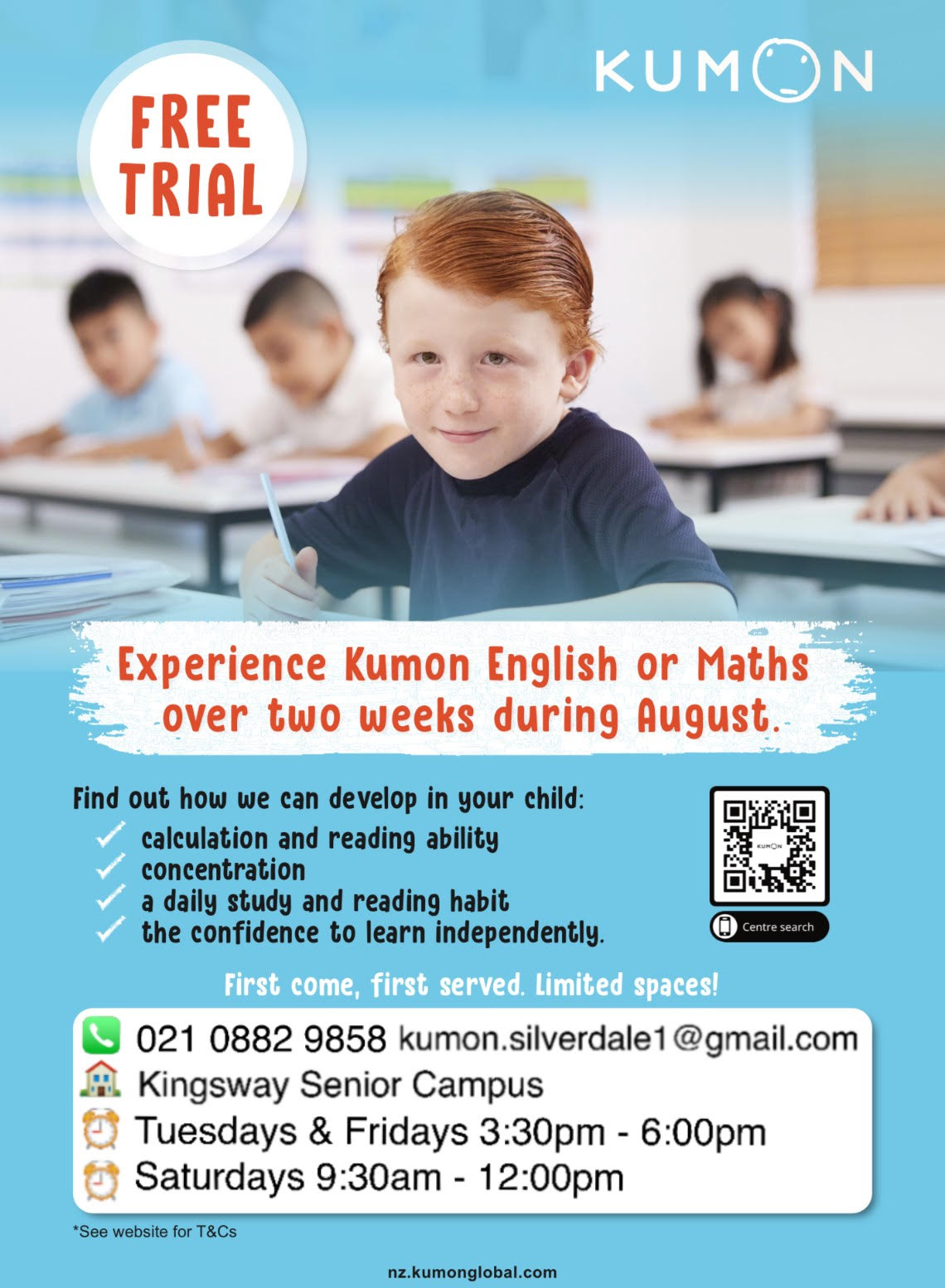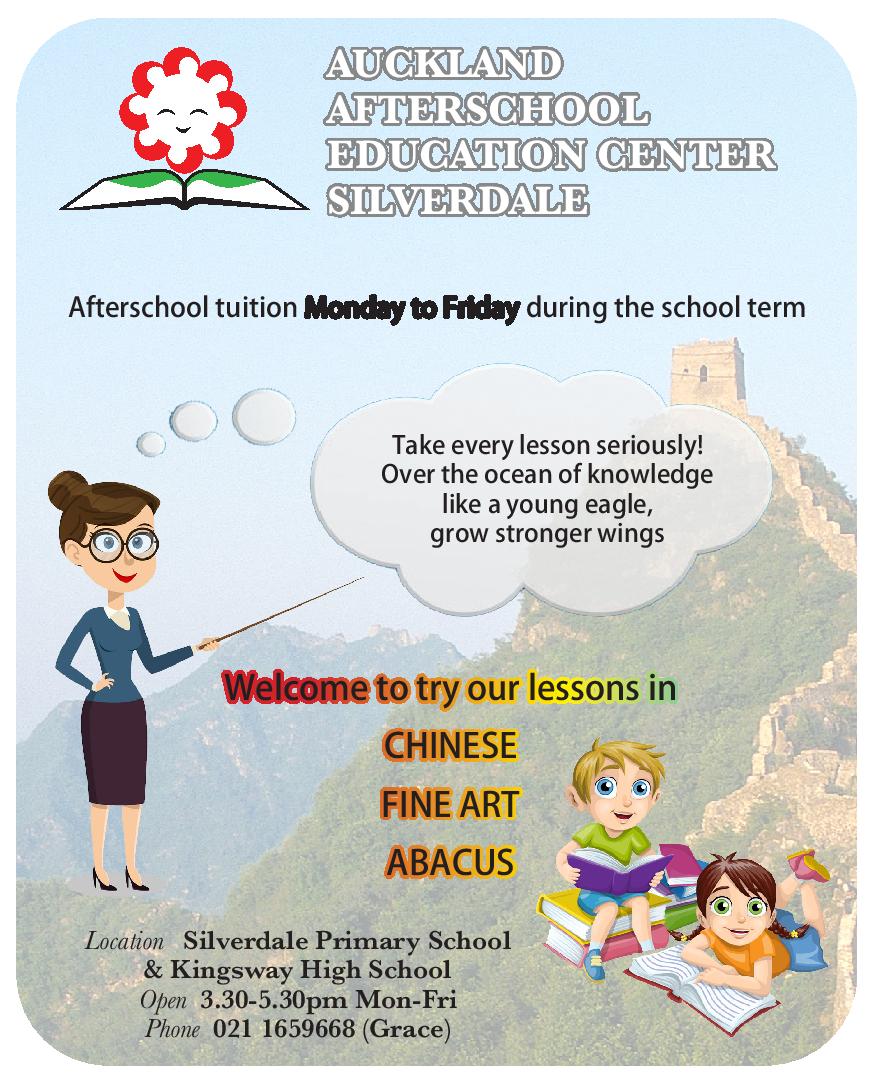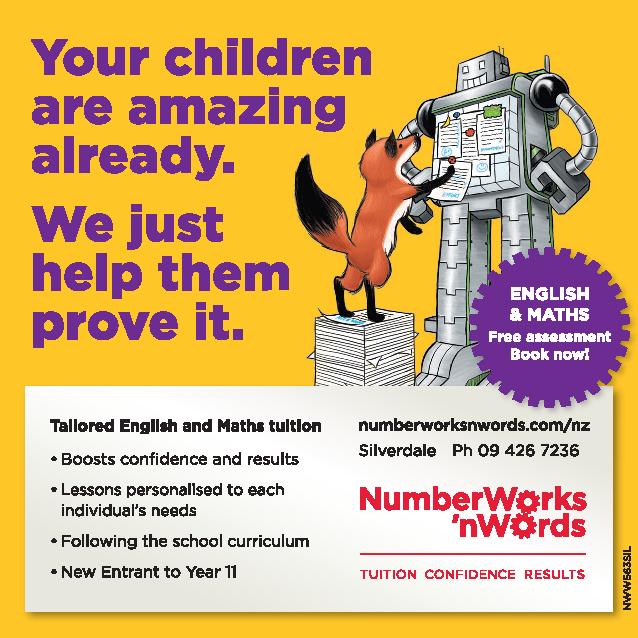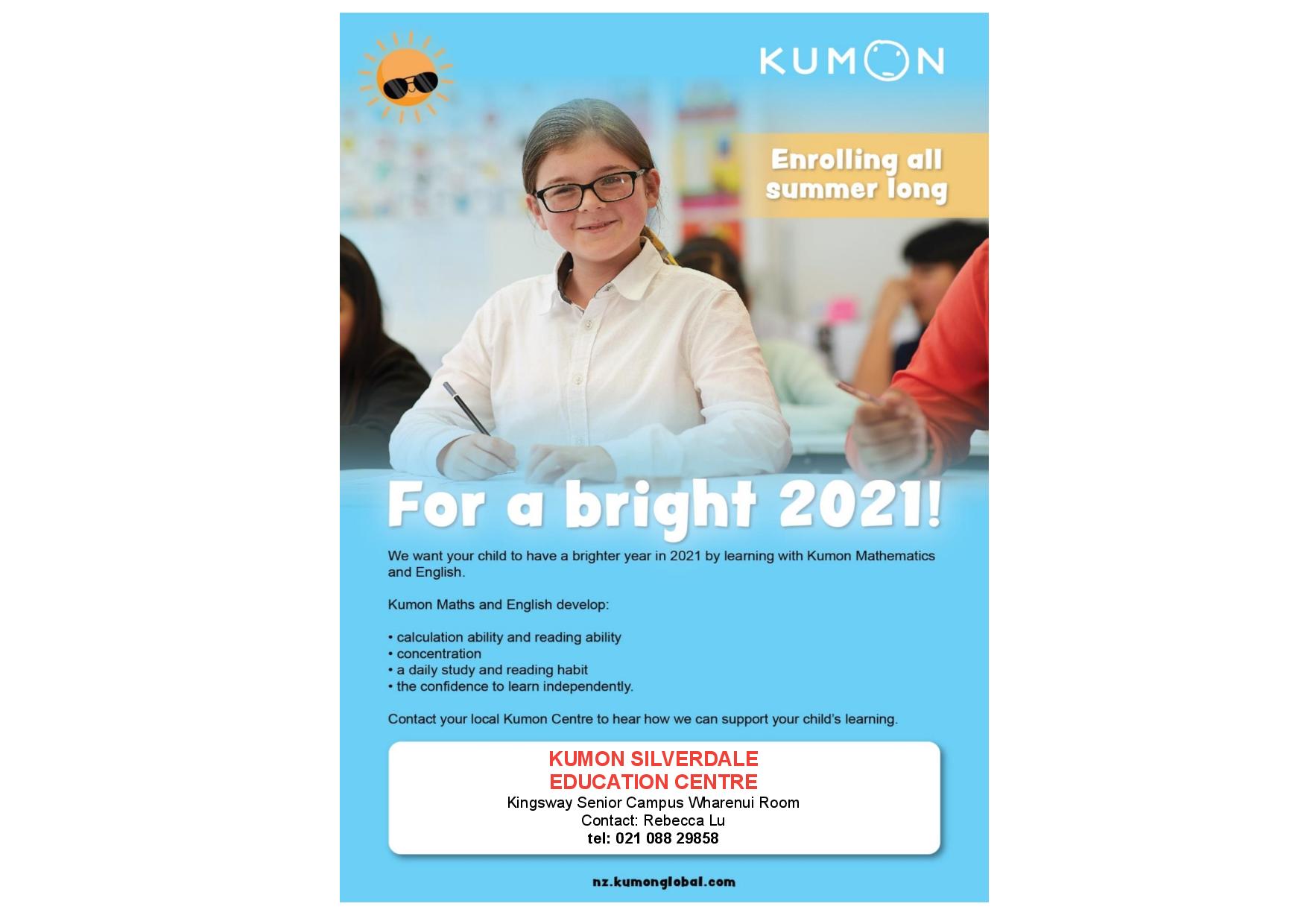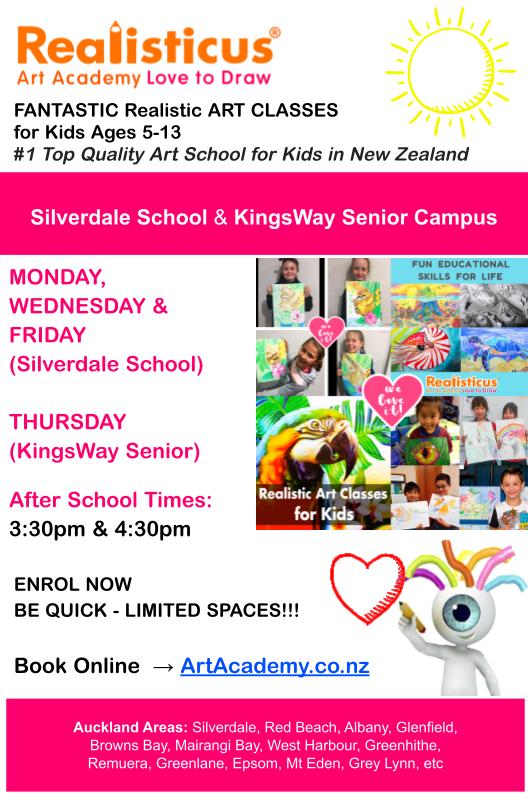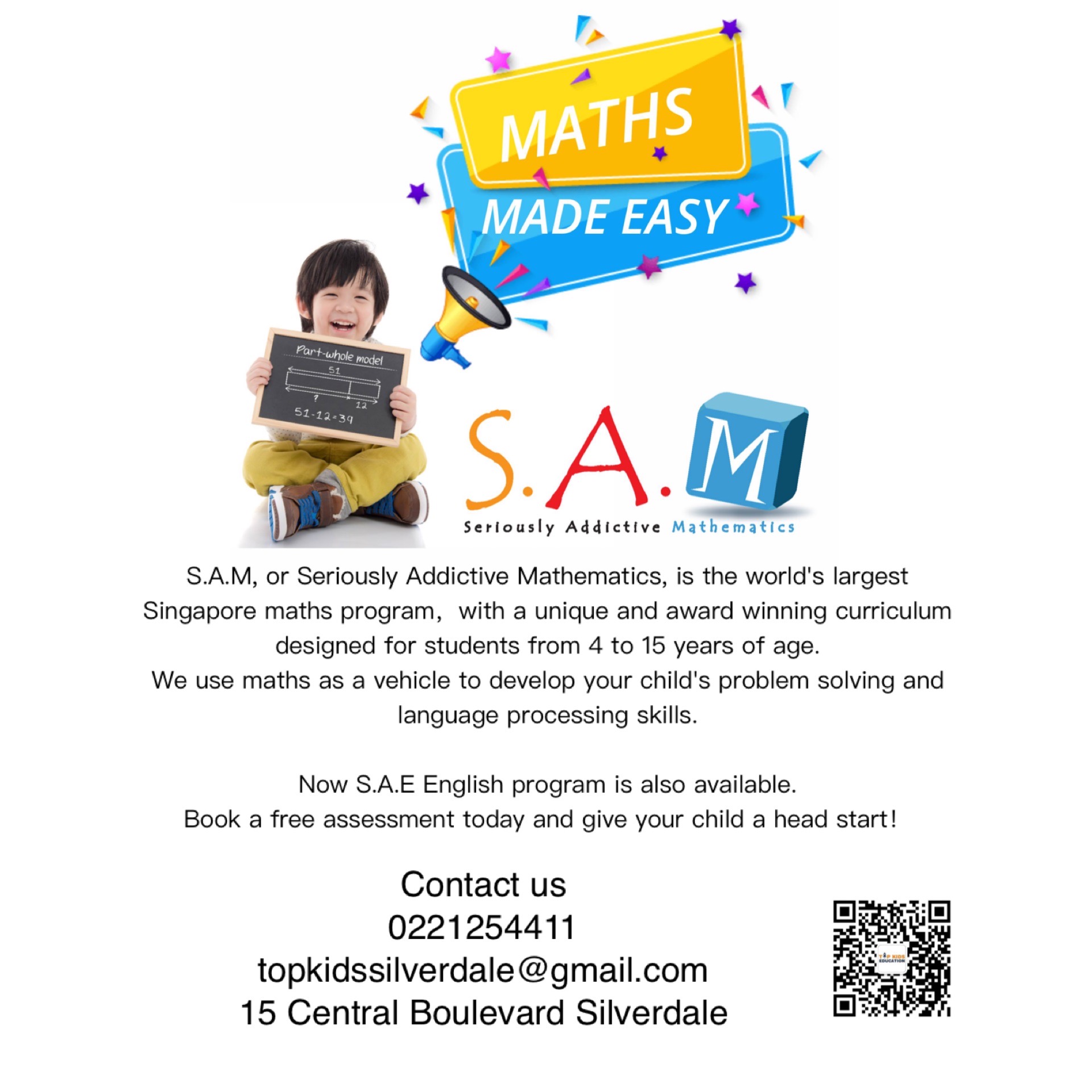I hope everyone is safe at home and in their bubble.
Please do take care and let us know how we can best support you and your whānau.
Kia kaha!
Welcome
Welcome to Gabriella Atkin, Mali Metzger-Feki, Digby Kahn and Mekaeel Sheraz who started virtually with us this week. Our current roll is 880.
Welcome
Welcome to Whaea Robyn Joyce who has started teaching in Room 21 while Whaea Nicole is away on maternity leave. Whaea Robyn has come to us from Gulf Harbour School.
Happy Birthday
Happy Birthday to Sooah Kim, Lize Munnik, Jayla Renton, Eva Webster, Veramy Vorster, Dallas Cameron, Rory Bassett, Ella Linstrom, Ana Gillam, Grace Hart, Maggie Young, Alba Rihari, Evie Wakelin, Sam Cooper, Jayden Daly, Teodora Vlatkovic, Harmony Diao and Aiden Shang.
Term Dates for 2022
Term 1 – Tuesday 8 February – Thursday 14 April
Term 2 – Monday 2 May – Friday 8 July, Public holidays – Queen’s Birthday – Monday 6 June, Matariki – Friday 24 June
Term 3 – Monday 25 July – Friday 30 September, Public holidays – None
Term 4 – Monday 17 October – Tuesday 20 December, Public holidays – Labour Day – Monday 24 October
P.E.A.K.S (Participation, Effort, Action, Knowledge, Skills)
P.E.A.K.S (Participation, Effort, Action, Knowledge, Skills) is our home learning programme where we celebrate the effort and commitment of students who take on a challenge and complete it in their own time. It gives us the chance to recognise the depth and wealth of learning opportunities students engage in in their leisure time.
Each term offers slightly different challenges they can engage in and there is also the opportunity to design their own challenge.
Each year level has a set number of challenges to achieve in the year. Those that complete these will be awarded a trophy at the end of the year in recognition of their efforts.
Distance learning support during an emergency event
Using Home Learning TV and Mauri Reo Mauri Ora to support your students
Home Learning TV, Papa Kāinga TV is back on air with new lessons to support learning for students at home or at school.
HLTV lessons are taught by New Zealand teachers and educators, and include:
- Junior Health
- Early Literacy and Language
- Junior Maths and Science
- Junior Project
- Junior Te Reo
- Mid Literacy and Language
- Mid Science
Most of the lessons are supported with lesson plans available on our Learning from Home website, where teachers can also find daily and weekly schedules so they can plan ahead.
On the home learning site you will get resources, guidance and information for parents, whānau, teachers and leaders from early learning to senior secondary.
https://learningfromhome.govt.nz/
FREE N4L safety filter for all students
Parents can set up the filter on their child’s learning devices from home. Clear instructions on how to do this can be found at switchonsafety.co.nz.
The free N4L safety filter (by global cyber-security leader, Akamai) blocks websites containing known cyber threats like phishing scams, malicious content and viruses, while also protecting children from content inappropriate for young eyes (like adult sites).
Please remember that technology is not a silver bullet and the filter is best used in combination with Netsafe’s online parent safety toolkit.
Parent Cyber Safety Hub
About the Parent Cyber Safety Hub
The Cyber Safety Hub provides expert advice from leading cyber experts, ySafe, on the most pertinent issues and frequently asked questions around platforms like TikTok, Fortnite, Instagram, and more. There are app reviews with age and safety recommendations, along with a range of guides to help ensure healthy boundaries around screen-time & gaming, plus step-by-step instructions for using parental controls and filtering out inappropriate content.
We are very excited to be able to offer you this level of expertise and support in an area that we know has been challenging for many parents to manage. We look forward to working closely with you as we develop the cyber safety conversation within our school community.
You can access the Cyber Safety Hub using the link below:
https://www.silverdaleprimary.school.nz/parent-cyber-safety-hub/
Gardening – Paying it Forward by Dee Pignéguy (our Garden to Table Specialist)
Perhaps in our busy lives with the proliferation of fast-food outlets we forget the power of food.
I cook and that doesn’t seem like a talent that will change the world. But I grew up in a family where my mother cooked. There were carrots and beetroot to pull from the soil, fresh peas and beans, cucumbers and tomatoes to gather, leeks and potatoes, rambling squashes and trailing courgettes. An orchard provided apples, pears and plums as well as a great place to watch birds stealing the strawberries and foraging insects.
When we were hungry the garden was more important than money in the bank.
I learned to cook standing at the stove mixing, stirring and tasting as well as preparing food and watching people eat. Food – such an easy thing to give. Visitors never went hungry when they came to visit; a cookie tin was always handy with simple Dad’s cookies.
Sharing food was fundamental while I was growing up, feeding people was a great gift – family, friends, and strangers, nobody went hungry.
We ate fresh food in season, while our bodies grew strong without the damaging chemicals in processed food. Strong bonds were woven with the common experience of chopping and simmering, baking and whipping. We became healthy, happy environmentally knowing children, while we shared the work of planting, gathering and learning.
Raising children is like organic gardening – if you want a superior product, you must monitor the inputs. But organic gardening is not enough. You must begin with organic thinking, because much of our environmental crisis is ingrained in our habits.
Now with the help of volunteers I share the gift with children through the Garden to Table programme, teaching kids the knowledge and skills that have a lifelong impact on their wellbeing and on the world around them.
If you would like to support primary and intermediate schools and kura to take learning out of the classroom and into the garden and the kitchen, find out if your local school has a programme.
Children’s success and growing knowledge relies on volunteers to help in both the kitchen and the garden, so gather up your volunteering gloves, put on your volunteering apron and get in touch with your local school.
